Pick your college for you
Picking your college is certainly a daunting choice, but it is only made harder by trying to please others with your selection. Instead, focus on your own values when making your choice.
January 31, 2022
I spent years dreaming about attending Cornell. To me, it was perfect. It had just the right amount of prestige, without the daunting single digit acceptance rate of its fellow Ivy League members. It was the best school that I thought I had a solid chance of getting into, so I set my sights on it.
Fast forward to application season, though, and I didn’t even apply there. All that buildup, all those moments spent daydreaming about my star-studded future in the Ivy League, just to leave it all behind.
What changed? How did my dream school fall so far from my favor?
Well, it started with an alum. Not just any old Cornell alum, though. To be specific, it started with my dad. When it came time to build my college list, he began sewing seeds of doubt in my mind about just how “perfect” his alma mater really was.
He told me about how competitive the students were there, and how hard it had been to learn in the huge class sizes. He told me about how most of his classes had been taught by TAs who didn’t seem to have much passion for teaching, and how the only way he really made friends was by being in a fraternity. Basically, he told me that he wasn’t so sure it was the best fit for me.
I knew he was right. I mean, Cornell is obviously a great school, but when I tried to come up with things I liked about it other than its prestige, my mind was blank. I’m no college counselor, but I’m pretty sure you should be able to come up with at least a few reasons you like a school if you plan on applying there.
Here’s the thing, though: I needed the college I attended to send a message to my peers. I needed people to know that I was smart, and I figured the best way to do that was to go to a school that spoke for itself.
Throughout my high school career, I have struggled with feeling underestimated. I have often felt that my peers don’t see me as being as capable and intelligent as I consider myself to be. Every grade has a select few students who are considered to be the best academically, and it never felt to me like I was seen as one of those people.
After this year’s Cum Laude chapel, I overheard people saying that fewer girls should’ve been inducted in the first round since the boys in our graduating class are “much smarter.” As one of the inductees, that was certainly not quite the congratulations from my peers I was hoping for.
I remember wishing I could write a list of all my accomplishments, make a hundred copies of it, and hand it out to everyone I saw. Surely then they would be forced to admit that I wasn’t just someone they could write off.
Obviously, I didn’t do that. I decided to bide my time, wait for the pennant ceremony, and then shove it in everyone’s face when I went to an impressive college.
It’s this sentiment that was so damaging to the process of picking the college that was right for me. I had weaponized the college admissions process; rather than applying to places that I would thrive in, I wanted to apply to places that would convince others that I was worthy of admiration. I wanted the college I applied to to be good for others, not good for me.
When I talked to my dad about Cornell, I realized I only wanted to apply there to prove the people who had doubted me wrong. I was picking it to pin on the map at the pennant ceremony, not to spend the next four years of my life there.
The thing about college is that it’s not just about telling people where you go, it’s about actually going there. It’s about spending extremely formative years of your life at a place where you will be expected to learn, grow, succeed, and fit in.
My fellow senior, Sanna Lexhed, wrote a piece two years ago called “Myths of highschool: You need straight A’s to get into a ‘good college’” that also touches on the topic of how to select a college. In it, she wrote, “Though colleges like Harvard, Yale, and Princeton are commonly considered to be the only ‘good’ types of colleges due to their excellent academics and low acceptance rates, are they truly the only ‘good’ colleges? Are they ‘good for everyone’? And most importantly, are they “good” for you?”
Lexhed was prompting readers to reconsider their definitions of what a good college actually is.
I think that high school students of all ages know they shouldn’t base their college on prestige alone, not just seniors being faced with the actual decision. We know this, yes, but why are so many of our dream schools still Ivy Leagues?
For some people, those top schools can be great fits, but I think that for most, single-digit-acceptance dream schools are a byproduct of feeling like you have something to prove. We all want to be seen as smart and impressive, and we all want our college to put us in a good position for success after we graduate, but we also need to realize that any college can check both of those boxes.
For example, could anyone really look down on one of their peers for attending UF? Sure, Harvard may seem more “impressive,” but at the end of the day, I don’t think anyone would call UF a bad school. And what’s more, attending a school like UF would put anyone in a great place for success after college as long as they worked hard there.
Remember how I said my dad went to Cornell? Well, my mom went to UF, and they both ended up working at the exact same position at the exact same law firm. In fact, my mom was hired there before my dad was.
For someone who would rather stay close to home and spend less time doing schoolwork, I would genuinely say that I think choosing UF over an Ivy League school would be the smarter option for that specific person. There are all kinds of colleges, just like there are all kinds of people. At the end of the day, it’s all about finding your match.
For me, the type of school that I ended up focusing on is the small liberal arts college. With the smaller class sizes that they offer and the smaller student to teacher ratio, I think these kinds of schools are a smarter choice for me.
So when you’re picking your college, pick it for you. It’s important to remember that you actually have to attend the college you pick; it’s more than putting its name in your Instagram bio and wearing its merch. For some, the best option is an Ivy League school, for some, it’s a state school, for others, it’s a liberal arts school.
There are colleges in cities, colleges in the countryside, colleges abroad, colleges with campuses that look like castles, and colleges that are so close to home that you could visit your parents every weekend. It’s about identifying what you value in an education and lifestyle, and seeking those values out in an institution of higher learning. At the end of the day, who really cares what other people think? All that matters is that you’re happy with your choice. Pick your college for you, not for anyone else. Your future self will thank you.






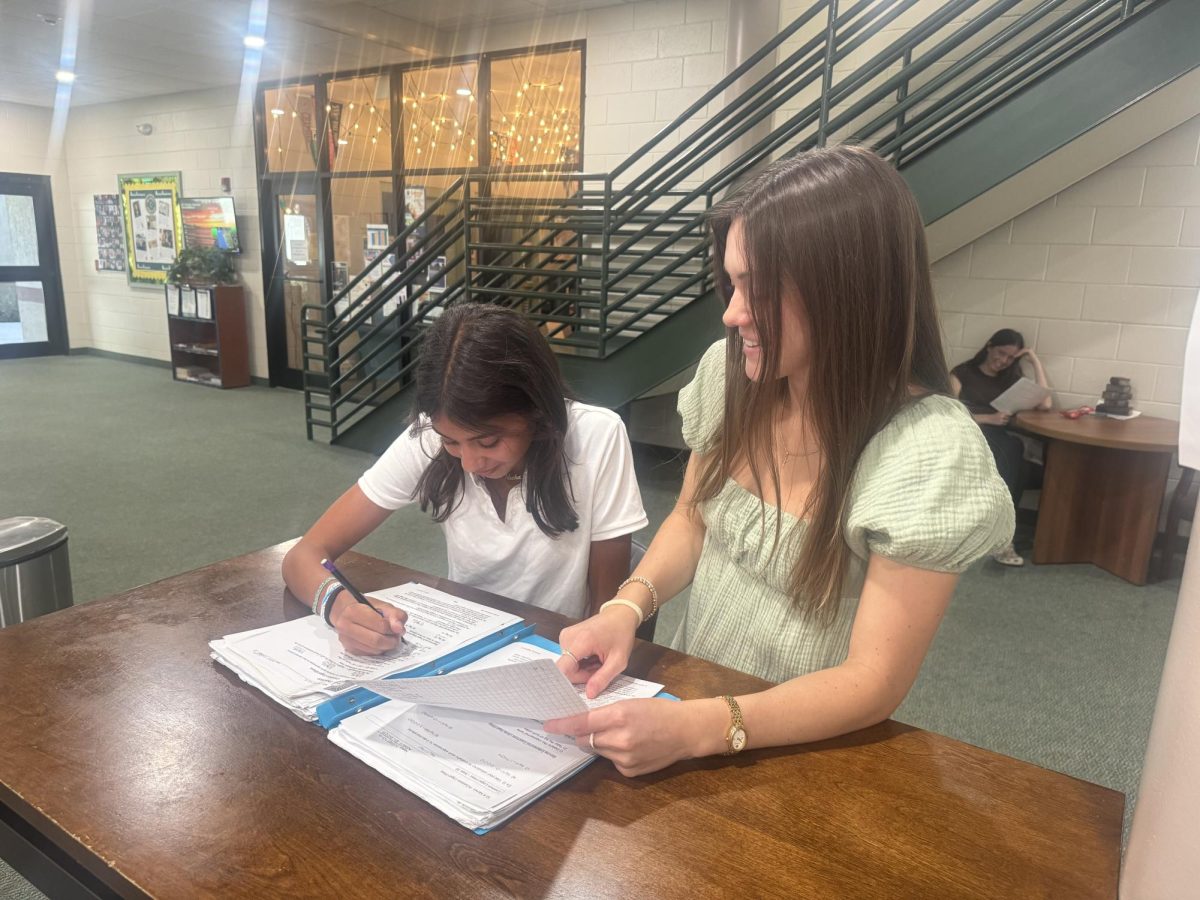
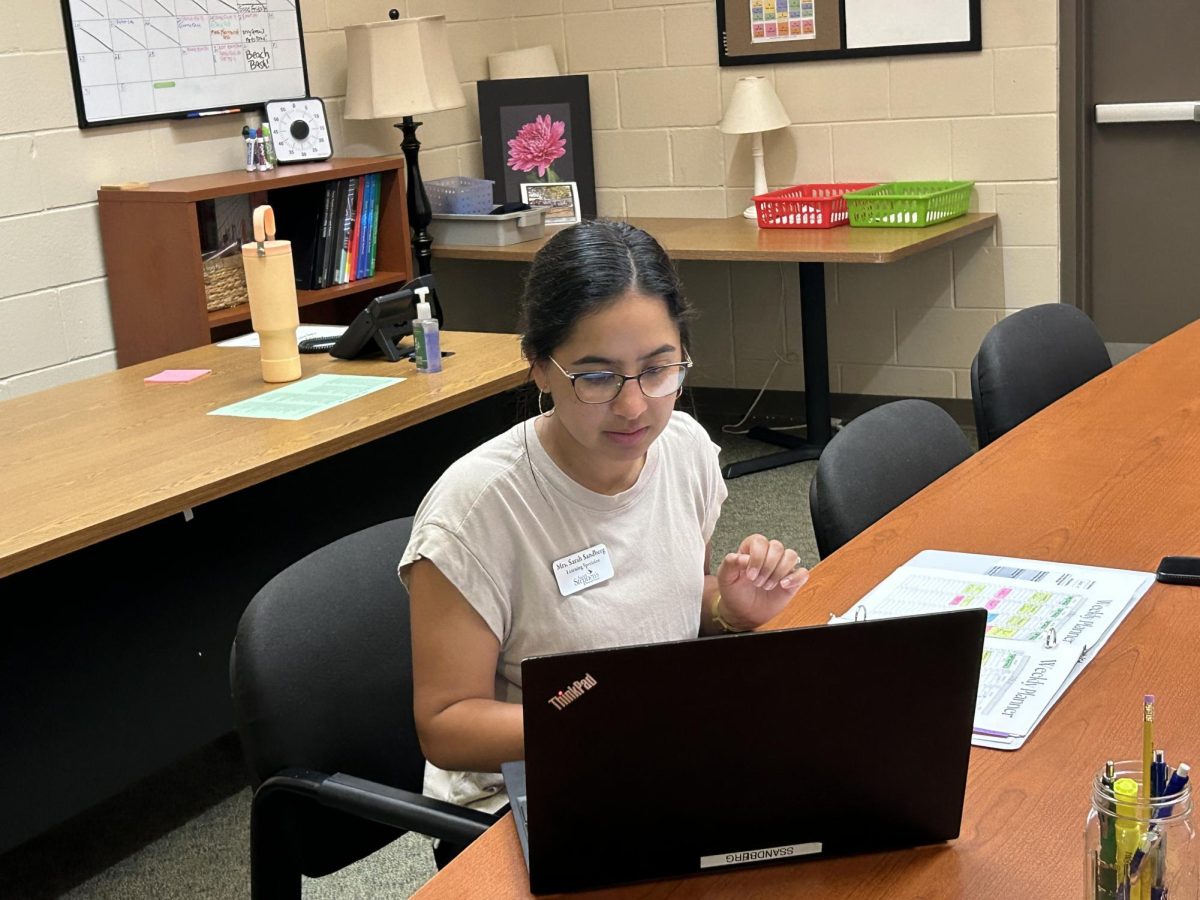























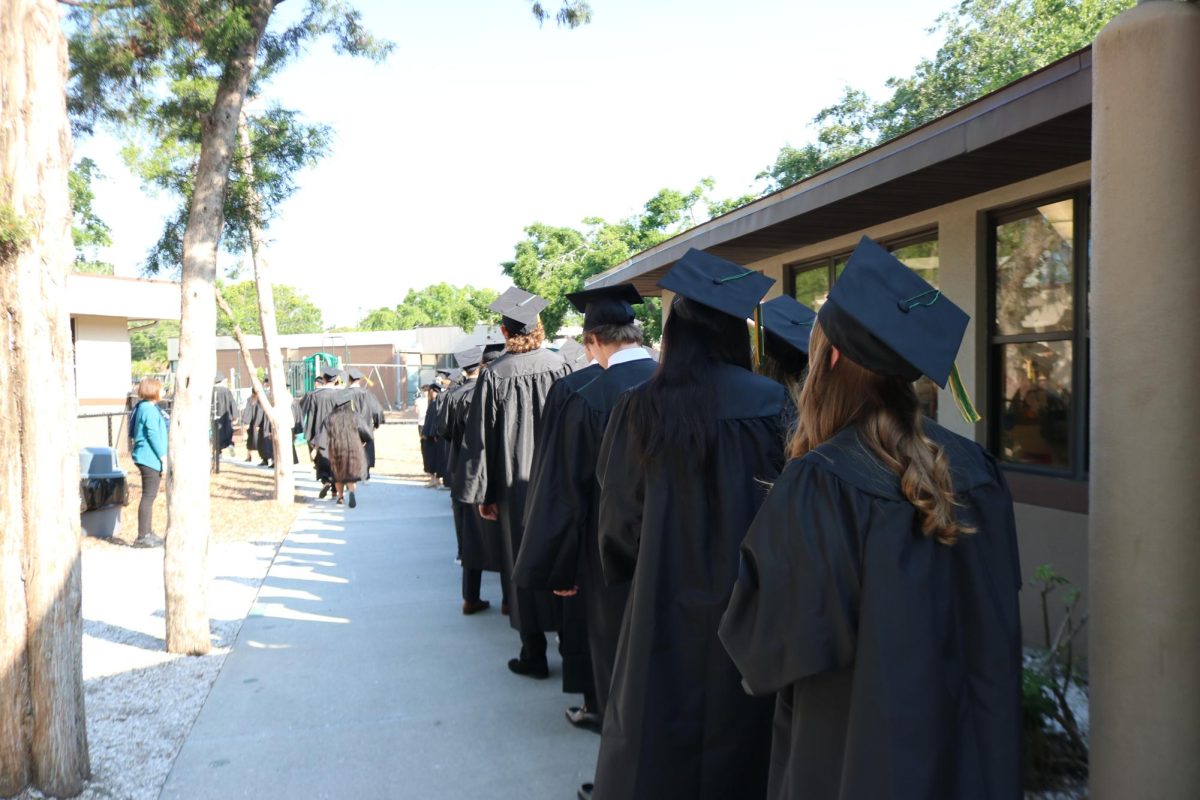



















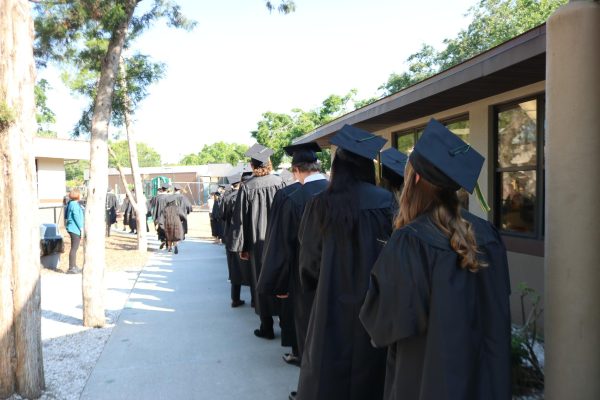
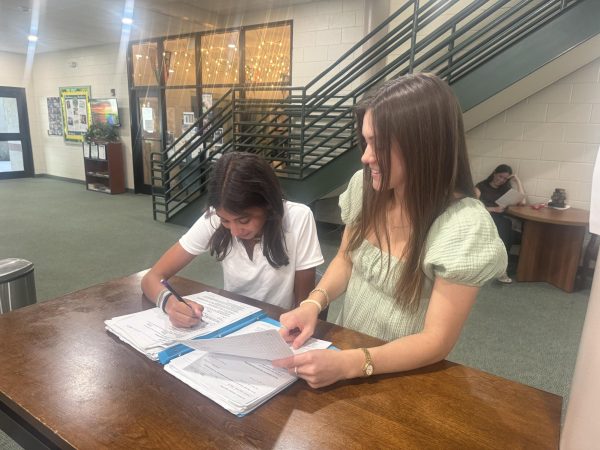




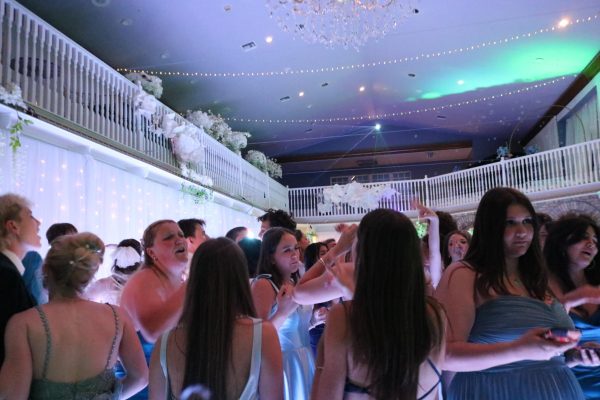



David Glaser • Jan 31, 2022 at 11:17 am
Well done, Caroline. Trust your gut. It’s not the college you pick. It’s what you do when you’re there that really matters. Focus on your studies, explore new things, take advantage of the resources offered, make connections. All of those things lead to success, regardless of the logo on your sweatshirt.